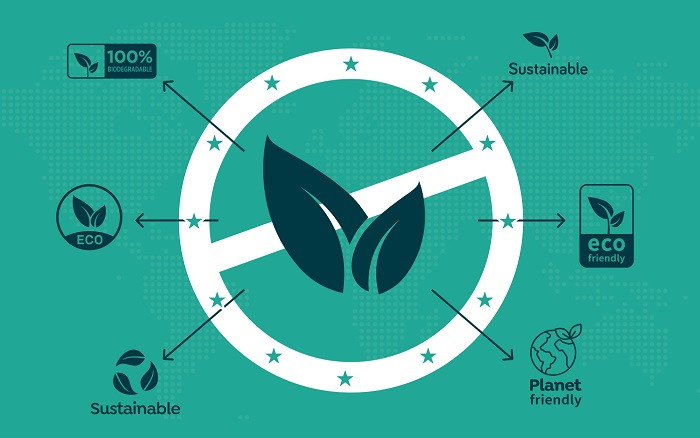
The European Union has taken a significant step towards a more sustainable future with the adoption of the ambitious Ecodesign for Sustainable Products Regulation (ESPR) on May 27th, 2024. This landmark legislation marks a major overhaul of the existing Ecodesign Directive, significantly expanding its reach beyond just energy-related products.
This ambitious regulation applies to nearly all products sold within the EU single market, with textiles – particularly clothing and footwear – identified as a high-impact category that will be subject to stringent ecodesign requirements. The ESPR empowers the European Commission to establish specific regulations for different product groups, giving manufacturers 18 months to comply with the new standard.
New ESPR a holistic approach
Previously, the Ecodesign Directive, established in 2009, focused solely on regulating the energy efficiency of products. The ESPR expands this focus dramatically, encompassing the entire life cycle of a product and mandating its design for sustainability. This translates to a wide range of requirements, including:
Durability and repairability: Products will need to be built to last longer and be easier to repair, reducing waste and encouraging responsible consumption.
Recyclability: Manufacturers will be responsible for designing products with recyclability in mind, using materials and construction methods that facilitate easier material recovery at the end of a product's life.
Resource efficiency: The ESPR aims to minimize the environmental impact of resource extraction and production throughout the product's life cycle.
Circularity: The regulation promotes a more circular economy by incentivizing the design of products that can be easily remanufactured or repurposed.
A key aspect of the ESPR is the empowerment it grants the European Commission. The Commission will be responsible for setting specific ecodesign criteria for different product categories, prioritizing high-impact sectors like textiles, a major contributor to waste and pollution. Manufacturers will be given 18 months to comply with these new regulations, ensuring a smooth transition but with a clear deadline for implementation.
The adoption of the ESPR is expected to have a significant positive impact on the environment. By promoting longer-lasting, more repairable, and recyclable products, the regulation aims to reduce waste generation, resource consumption, and pollution. Additionally, the ESPR is expected to stimulate innovation in sustainable product design, creating a more competitive and environmentally conscious manufacturing landscape within the EU.
While all but one EU member state approved the regulation, Italy abstained. The regulation will be formally published in the coming days and will come into full force after a 24-month transition period. This timeframe allows manufacturers time to adapt their production processes and product designs to comply with the new sustainability standards.
The EU's bold move with the ESPR sets a strong precedent for other countries looking to adopt sustainable practices. As the regulation is implemented, its impact on product design, consumption patterns, and the environment will be closely monitored.












